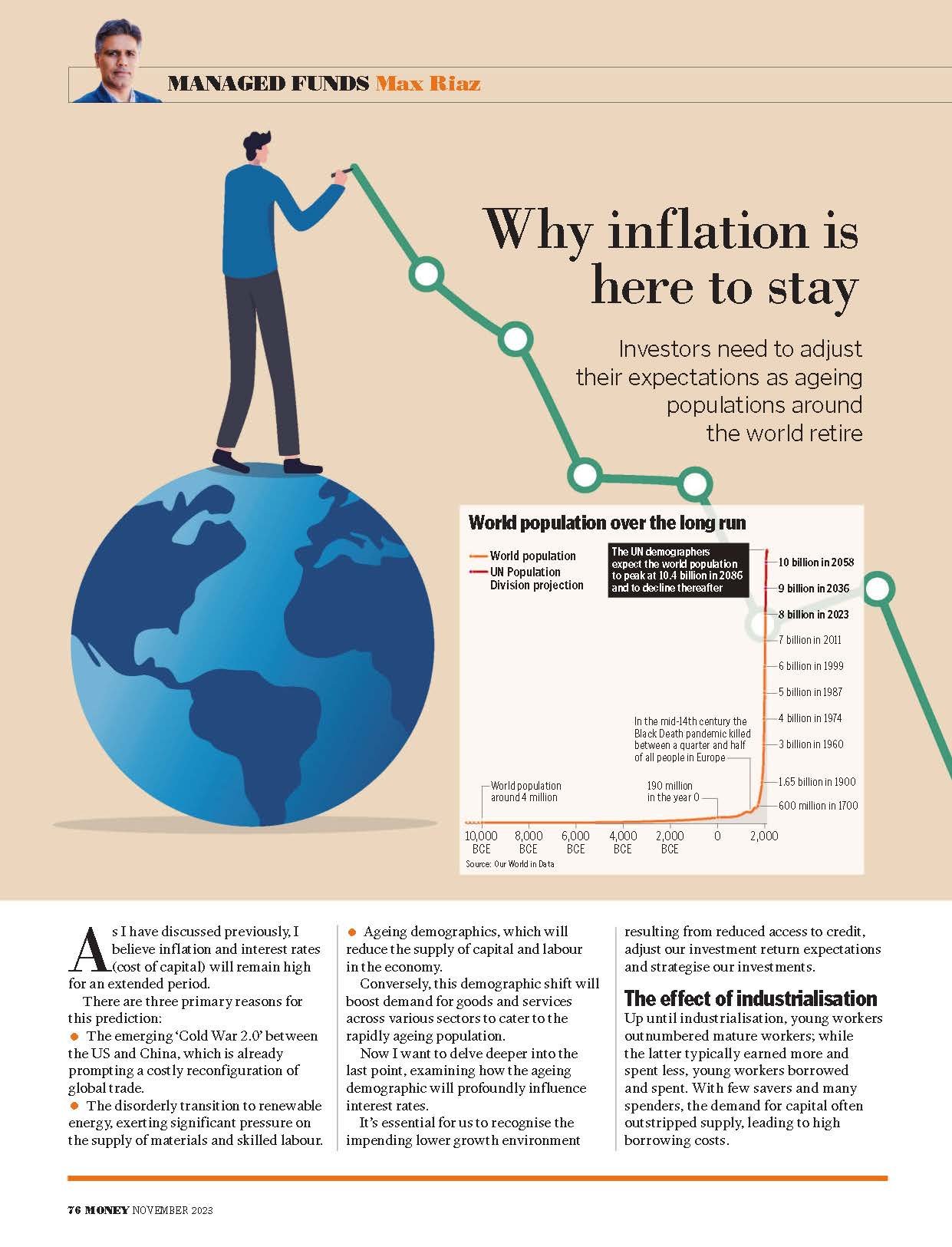Jack Ma retires from Alibaba leaving Alibaba in a strong position for growth
/Jack Ma, the founder of Alibaba, has stepped down this week as chairman of the e-commerce giant. He will continue as a member of the Alibaba partnership, a controlling group of partners who decide on who runs the company by nominating its board of directors.
In the past, concerns relating to corporate governance have been raised over this partnership structure which is said to give the partners more control over the company than shareholders. Ma believes the partnership structure is necessary to allow partners to take a longer-term view over the business, which shareholders may overlook affected by the highs and lows of confidence in financial markets. From Banyantree's perspective, the partnership model has worked well for the company for so many years and it is this structure that has allowed the company to get to this position. So clearly it works in the case of Alibaba! Ma's successor as chairman is CEO Daniel Zhang who has been with the company for 12 years.
Alibaba has been shifting its strategy to the high growth of the domestic Chinese consumer market. Alibaba's Chinese businesses collectively contributed around 66% of group revenues at the last count.
While Amazon is getting a lot of airplay for being a global e-commerce giant, we feel that Alibaba is underappreciated by investors. This is reflected in the valuation differential between the two companies where Amazon trades on a forward PE of 54.3x and Alibaba trades at 26.3x - a 50% discount to Amazon's valuation. That being said, investors in developed markets are increasingly paying attention to the Chinese e-commerce juggernaut since its initial listing on the NASDAQ in December 2014 in what was the largest IPO in history at US$25 billion. The share price is up roughly 158% since its listing. If we look at the share price of Alibaba over the past couple of years, it has traded within a range and averaged around US$165 per share over this period. The US and China trade war is partly the reason why Alibaba shares have not been able to get a direction.
The research team at Banyantree Investment Group believes that market is not fully understanding the impact of the trade war on Alibaba's evolving business model, which is increasingly leveraged to the Chinese and Asian consumers. Our analysis shows that Alibaba is on the positive side of the trade negotiations between the U.S. and China. China will become a net importing country in the coming years. The increasingly affluent Chinese consumers are set to benefit from the availability of quality imported products from all over the world, including from American farmers, brands and small businesses. The trend towards consumerisation of the Chinese economy is expected to become a significant tailwind for Alibaba's business model and earnings. Alibaba is a platform of choice for global producers and brands selling into China given the company's reach and deep insights into more than 650 million active Chinese consumers on its platform (that is equivalent to almost the entire population of Europe or twice the total population of the U.S.).
Alibaba has 100,000 employees globally and 22,000 of these are located at its sprawling HQ campus in Hangzhou, an hour's drive south from Shanghai. The remaining employee base is spread globally, with operations in over 200 countries, including its offices in Silicon Valley.
Banyantree Investment Group has Alibaba under its active research coverage. Feel free to reach out to us to discuss Alibaba.
































